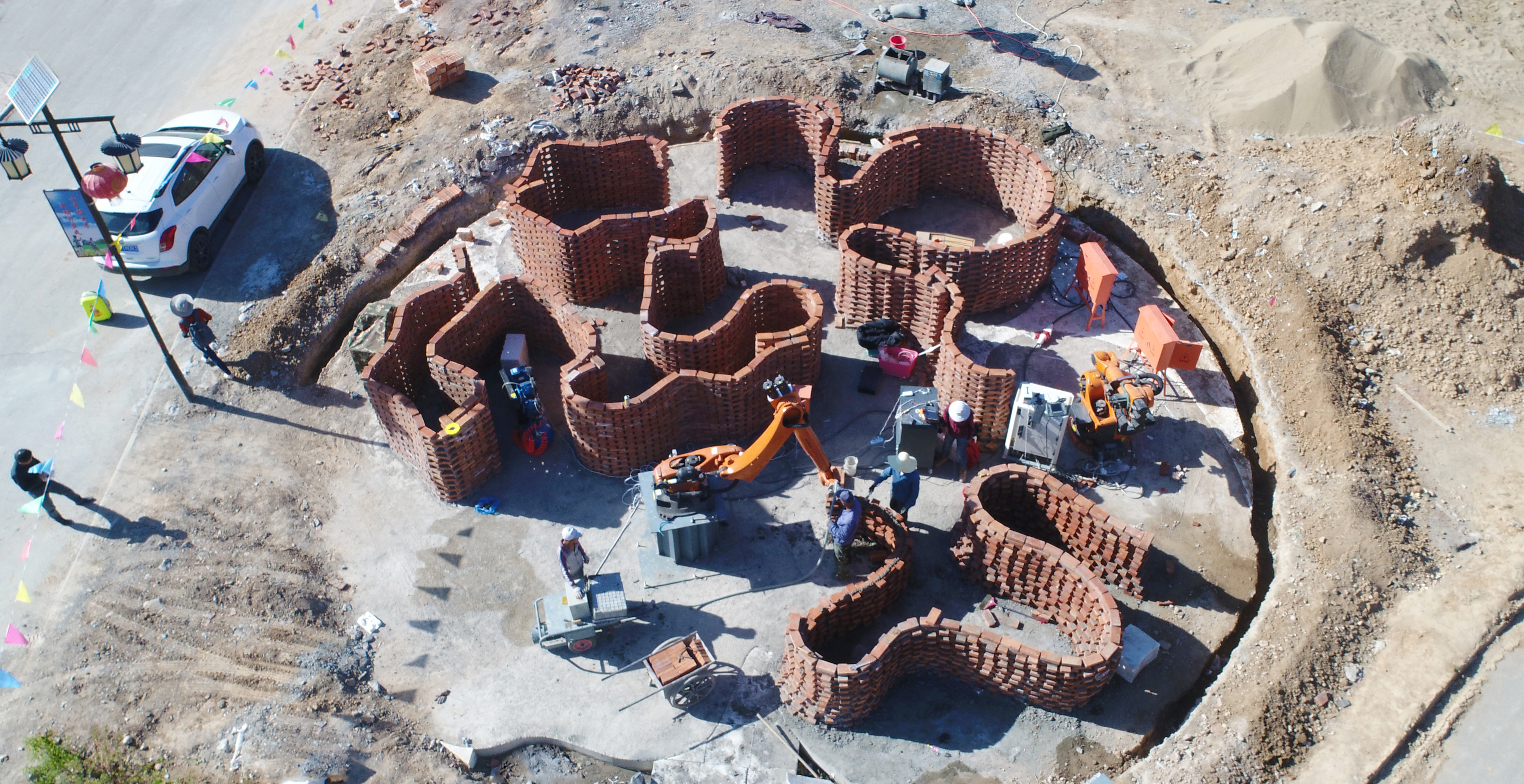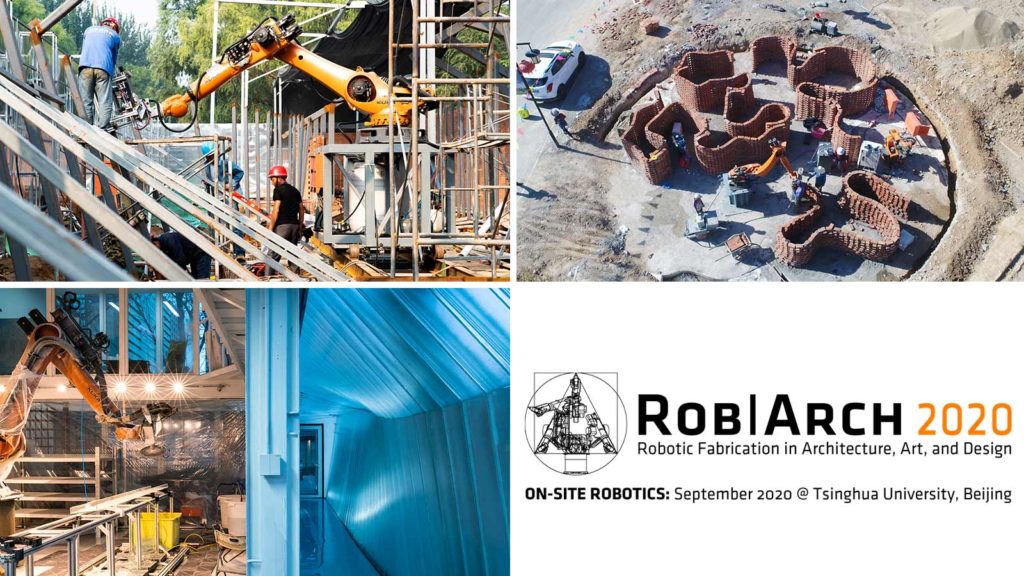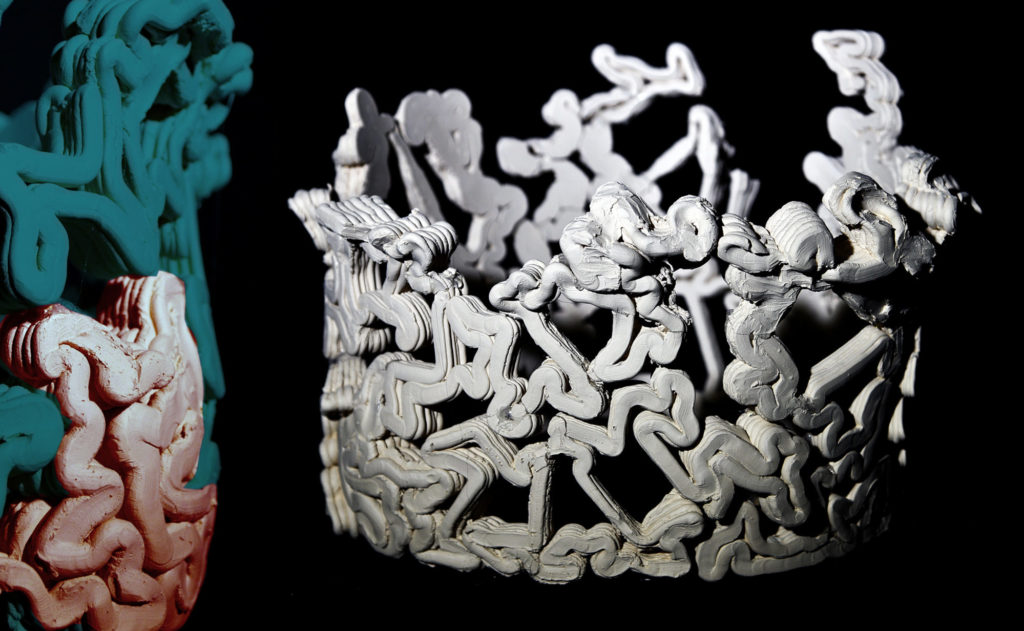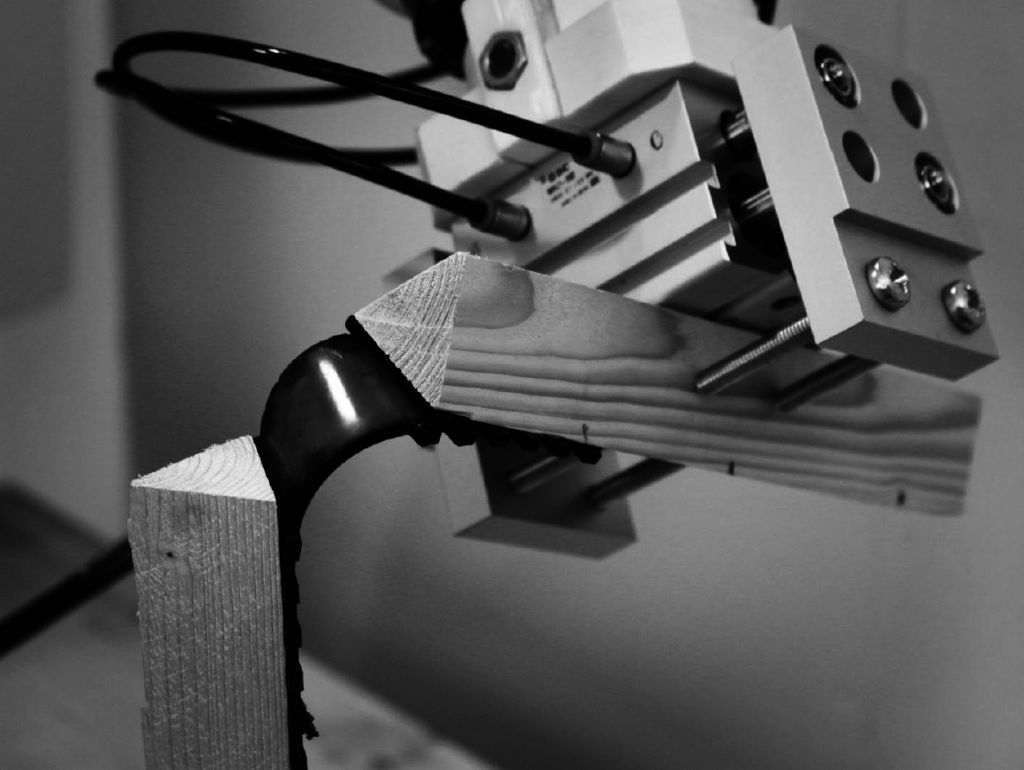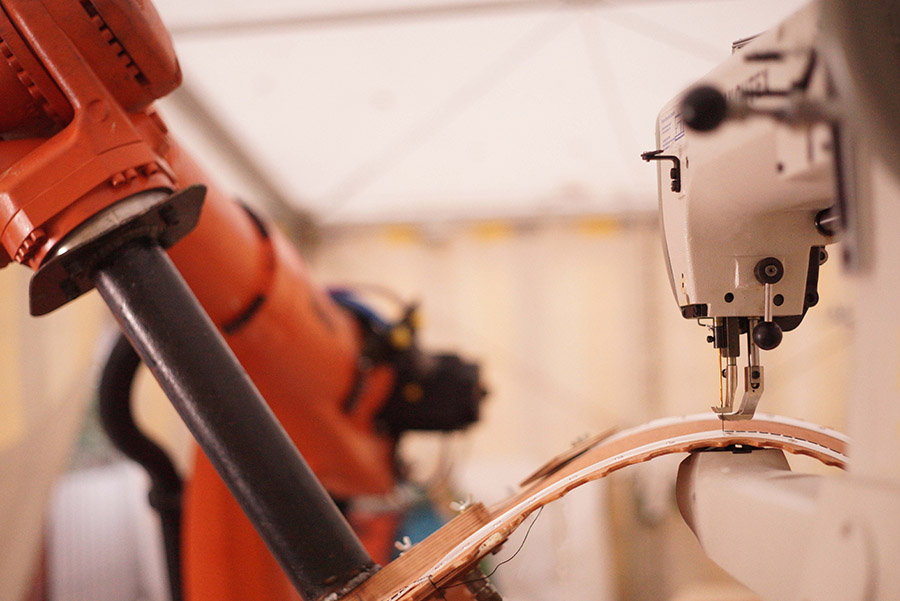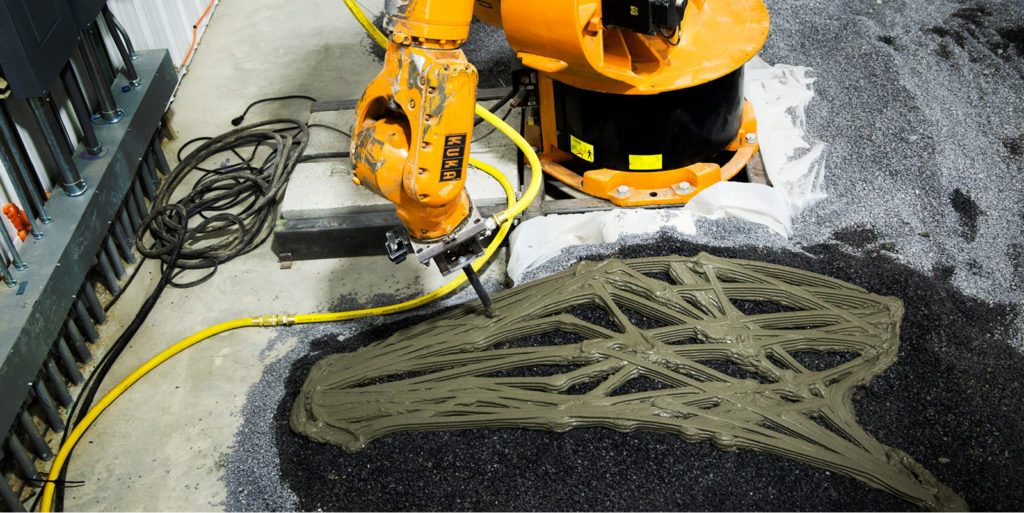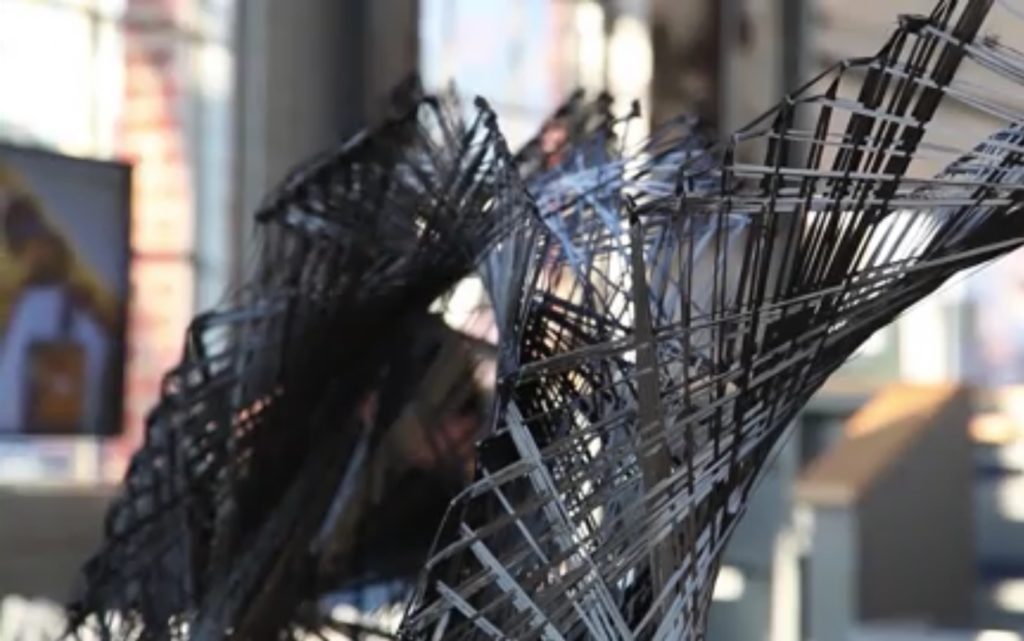ROB|ARCH 2020 Publications @ CORO Journal
Dear Rob|Arch Community,
We hope that you are staying safe and productive during this challenging time.
Already early in the year it became clear that it will not be possible to host Rob|Arch 2020 in Beijing. While we were looking at several very promising alternative locations, the virus has continued to spread. Due to the current need for social distancing, it is now clear that Rob|Arch conference will not happen in 2020. Once international travel is safe and accessible again, we will continue planning for the next conference and will keep you posted.
We are amazed by the work our community creates. While the 2020 conference will not proceed as planned we have been looking for an alternative way to publish our community’s research at Springer, even without the conference. Therefore we propose that the papers currently submitted are considered for our partner publication: the scientific Springer Journal on Construction Robotics. Please follow the link below for more information on the Journal on Construction Robotics.
https://construction-robotics.eu/journal/
If you have submitted a Rob|Arch 2020 paper please transfer your work to the Journal on Construction Robotics. (https://www.springer.com/journal/41693). More detailed instructions for authors can be found at https://www.springer.com/journal/41693/submission-guidelines?IFA
The deadline to complete the transfer of your research paper is June 15th 2020.
We would like to invite you to participate in the publication process of this research by volunteering to peer review papers or by taking a larger role as an Associate Editor helping to manage the submission and review process. Please email Managing-editor@construction-robotics.eu if you are interested in reviewing papers or becoming an Associate Editor.
While we are working through this challenging time we remain optimistic and excited for the time when we can gather as a community, share our robotic research and party together again. We will be sure to update you once we know more about when and where this will be.
Please contact us if you have any questions.
Thank you for your understanding and stay well.
Best Regards,
Sigrid Brell-Cokcan & Johannes Braumann
robots@robotsinarchitecture.org
Ethan Kerber
Managing-editor@construction-robotics.eu
The scientific Springer Journal on Construction Robotics addresses an emerging domain for robotic application: construction and demolition. This domain has so far seen minimal robotic automation due the size of objects involved, a harsh, dynamic environment, and little exposure of civil engineers and architects to robotics in general. The recent years have seen growing efforts to alleviate this, and this journal builds upon this momentum for the topic of construction robotics. It aims at linking the robotics research community with researchers from architecture as well as civil-engineering. In doing so it covers the robotic automation of all stages: from pre-fabrication of customized large scale parts over on-site assembly and inspection to refurbishment and demolition.
The journal aims at becoming the central publication platform for the rapidly growing construction robotics community. Beyond accelerating and promoting this new domain the journal will allow architects and civil engineers to publish their work at the highest scientific level in engineering.

